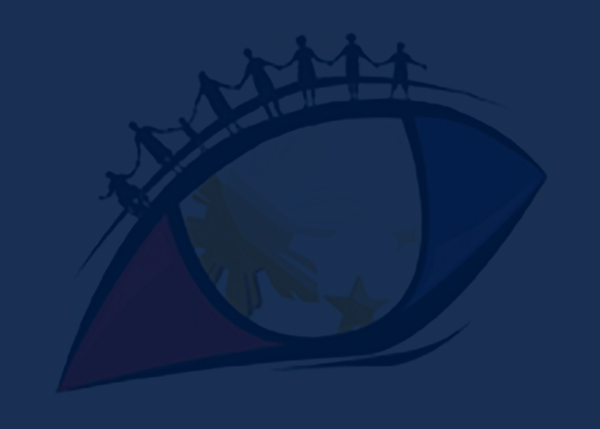A little movie trivia: many of the creative minds behind Pixar Animated Studio’s hit film Finding Nemo were Filipino. It turns out that there are so many Filipinos working at Pixar that they even have a name for themselves, Pixnoys. They even snuck in a bit of an inside joke into the underwater movie, naming one of the characters P. Sherman, poking fun at the way we say “fisherman,” while simultaneously giving the nod to the creative Pixnoys that brought the movie to life.
The pool of creative and talented Filipinos runs very deep. And while many go on to work abroad and find great success on projects that gross hundreds of millions of dollars, many artists here in our local creative industry struggle to survive.
One of the reasons cited for the industry’s struggles is rampant piracy. Illegal streaming devices and websites are everywhere and are robbing Filipino artists and content creators of their livelihood and are stunting the growth of our country’s promising creative industry.
The survey also showed that about 47% of those who accessed piracy sites canceled their subscription to local and international content services, illustrating the very real economic impact piracy has on content creators and the industry.
Another interesting statistic from the AVIA study was the awareness people had of the harms of online piracy. When asked if online piracy has negative consequences for the Philippines, 55% said that online piracy results in people making profits from content that is not theirs, 50% said that it results in the loss of jobs in the creative industry, 49% said it increased the risk of malware infections, while 44% said that they were aware that pirates do not pay tax and therefore all of society is being defrauded.
According to Neil Gane, the general manager of AVIA, “We all know that piracy, whether it’s the cable and satellite industry in the Philippines, certainly impacts those in front of the camera, behind the camera, those who are making television content and movie content in local platforms and the theaters as well as international platforms.”
Yet, despite the broad awareness of the negative consequences of piracy, it still exists. Perhaps a reason behind the persistence of digital piracy in the country is the ease with which viewers can access pirated content online. Over the years, steady improvements in our digital infrastructure have meant less buffering and faster download times for legal and illegal content alike. At the same time, however, the pandemic and work from home arrangements may have also incentivized more people to seek out and binge-watch pirated TV shows and movies. Indeed, studies show that, around the globe, the consumption of pirated content has trended upwards since the start of this pandemic. However, while countries like the Philippines continue to experience high incidence levels of digital piracy, neighbors like Malaysia and Indonesia have seen significant improvements. For example, the same AVIA study found that digital piracy in Malaysia has gone down by 64% since 2019, while Indonesia now only has a piracy incidence rate of 28%, down from 63% last year.
AVIA credits our neighbors’ drastic improvement to their policies that allow the blocking of websites that give access to pirated content at the internet service provider (ISP) and search engine level. By blocking these sites at the ISP and search engine level, not only will it be more challenging for viewers to access pirated content, but it would also put a squeeze on these illegal websites’ sources of revenue. Often, websites that host pirated content make money off paid advertisements on their pages, but once a site is blocked or unsearchable, traffic to the site drops, which will then force advertisers to pull their ads out of these illegal websites.
Site blocking by ISPs, however, requires government action before the industry can act. This is why AVIA and many on the industry side are pushing for the passage of Senate Bill 497 or the Philippine Online Infringement Act since this law would provide the legal framework for the Intellectual Property Office (IPO) to work with ISPs to disable access to infringing websites. To curb piracy in the Philippines, the IPO, creative, and telecommunications industries must work together on a policy framework that enables ISPs to block infringing websites. With that enabling framework in place, piracy can be nipped in the bud and the Philippine creative industry can just keep swimming towards its full potential.
Paco A. Pangalangan is the Lead Convenor of Democracy Watch Philippines and also the Executive Director of the Stratbase ADR Institute

